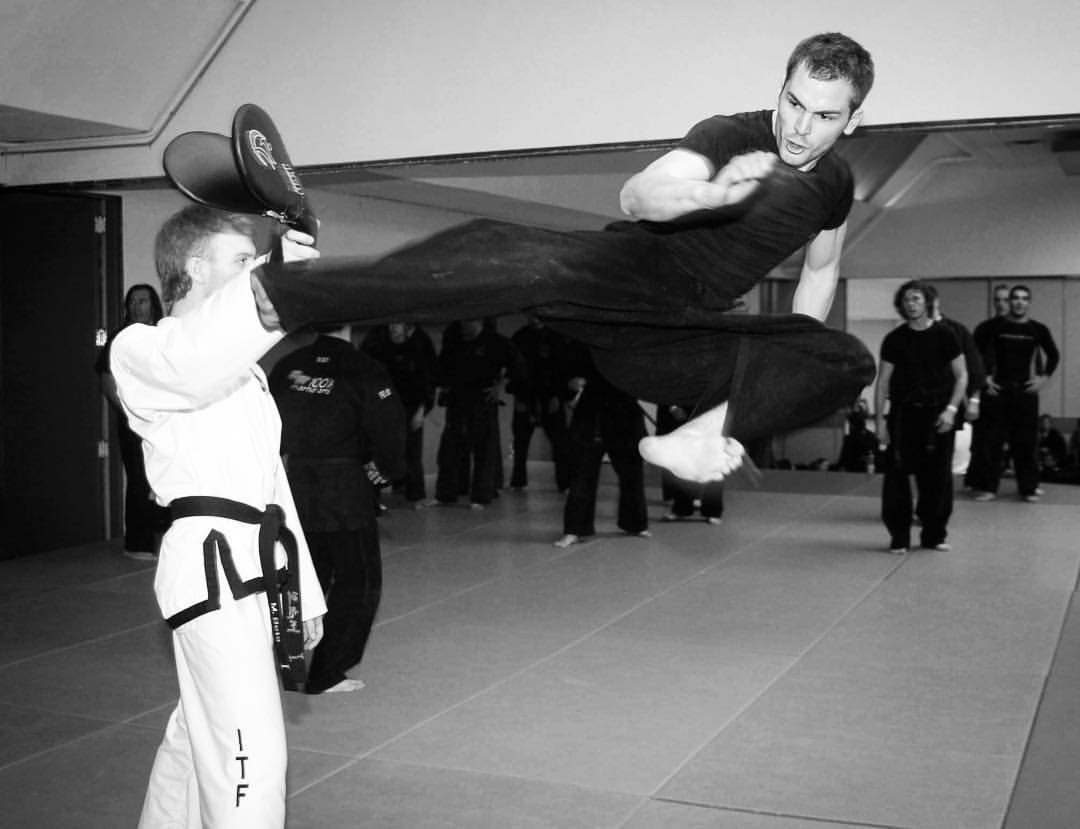Evidence of the effectiveness of martial arts in producing affective, cognitive and behavioural benefits has come from a number of studies. Improvements in self-esteem (Fuller, 1988), a more positive response to physical challenge (Richard and Rehberg, 1986; Trulson, 1986), greater autonomy (Duthie, 1978), emotional stability and assertiveness (Konzak and Boudreau, 1984) and reductions in anxiety and depression (Cai, 2000) Zen in the garden by Eolehave all been associated with martial arts training. Konzak and Boudreau (1984) have also drawn attention to the social benefits of such behavioural change – in particular the relationship between martial arts practice and aggression.
Martial arts wisdom has it that after consistent practice one becomes less impulsive and aggressive towards others. The Shaolin moral code for example comprises twelve ethics, ten forbidden acts and ten obligations. Patience, insight and calmness accordingly are considered pre-requisites of good Kung Fu (Wong, 1981). In Shotokan Karate, for instance, the Dojo Kun (a code or set of rules) is part of the moral values transmitted from ancient times and has the role of reinforcing the pacifistic urge that lies at the heart of the martial arts. This reminds students of the right attitude, frame of mind and virtues to strive for within and outside the dojo or training hall. One of these rules is: ‘Respect others’ (The Dojo Kun, International Okinawan Goju Ryu Karate-do Federation, 2009).
Several studies point to the effectiveness of traditional martial arts in reducing aggression. Zivin et al (2001) for example paired 60 middle-school boys on problematic behaviour profiles in a treatment group and a waiting list control group. The treatment group participated in school-linked training in traditional martial arts. Schoolteachers were asked to rate the students on impulsiveness, resistance to rules, self-concept and inappropriate behaviour. After three months of training, the students within the treatment group had improved their behaviour in class and all exclusions following the onset of the study (six in all) occurred in the control group. The teachers rated the martial arts students as less impulsive and less aggressive towards other colleagues. Other studies (e.g. Nosanchuk, 1981) provide similar evidence that training in martial arts reduces aggressiveness.
Lakes et al (2004) argue that these benefits are a consequence of enhanced self-regulation – historically known in martial arts as self-control – developing will and discipline. Willpower is considered important not only for enabling the student to continue with arduous training but also for improving personality and performance inside and outside the training arena; consistent training itself, coupled with a sincere attitude towards the moral principles of martial arts, contributes to strengthening willpower – a two-way process between the martial arts and the student involved in the process whereby ‘one exerts oneself in the perfection of character’ (Rule No. 5 from Dojo Kun, Japan Karate Association, 2009).


